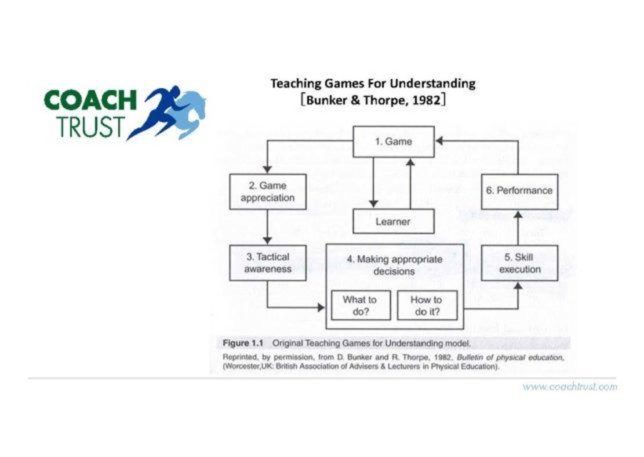On April 6th, we hosted a special online event for the “International Day of Sport for Development and Peace (IDSDP),” with the cooperation of NGO(?) Coach Trust.
“International Day of Sport for Development and Peace (IDSDP)” is set for the development and peace through sports, focusing on its power to drive social change, foster tolerance, diversity, and mutual understanding.
For this event, we invited Dr. Tsuyoshi Matsumoto, Associate Professor of Physical Education at the University of Tsukuba, who is also the Representative Director of NGO? Coach Trust, to talk about Game-Based Approaches (GBA). As GBA has also been adopted by S.C.P. Japan’s co-education exercise programs, he explained the concept and why they are in high demand recently, while using examples.
Dr. Matsumoto began by introducing the activities of Coach Trust, as well as GBA projects and another support project for retired racehorses.
Dr. Matsumoto then introduced the co-education exercise program of S.C.P. Japan, as another example. The message of this program is: teaching is not just one-way. Instead, everyone in the room – including the instructor – works together, through dialogue, to create a space where various individuals are appreciated and valued.
There are two types of co-education exercise programs in S.C.P. Japan. We introduced both – the “FutbolNet Program” in collaboration with the Barça Foundation and the “Happy Soccer Class / Happy Sports Class” organized by S.C.P. Japan.
In the “FutbolNet Program,” the activity is designed for all abilities, in order to better understand the concept of diversity, cooperation and mutual respect. In this program, the activity and dialogue is a set, so that participants will acquire social skills, such as communication.
Similarly, in the “Happy Soccer Class / Happy Sports Class,” we provide opportunities for participants to learn about children’s rights and gender issues through different games.
Dr. Matsumoto commented that S.C.P. Japan’s co-education exercise programs are great examples of GBAs. He also shared the academic framework of GBAs.
GBAs is a global standard for coaching sports and is a theory that is widely used from grassroots programs to top athletes. In group sports such as rugby, it has been researched and practiced for some time under another term “Game Sense”.

The “game format (modified / exaggerated game)” means that the instructor (facilitator) considers what “awareness (tactical and social issues)” is necessary for the learner (player) first, then modifies the game accordingly, before the learners play. If there are multiple facilitators, information will be shared among them. It is one of the roles of the facilitator to select the type of game.
In addition to the GBA cycle, he also gave some pointers for the instructors (facilitators) such as, “asking many questions” and “try giving less answers.” He also mentioned that “the instructor often rushes to give answers, but it is important for them to be patient.”
Afterwards, many questions were raised during the the Q & A session, including questions from S.C.P. Japan members. Dr. Matsumoto answered each question carefully, taking time to understand the background information of the questioner.
He says that GBA is an instruction model in sports that is not only being used for coaching top athletes, but it also provides a place where people from various backgrounds can use in order to work on the game, cooperatively and independently.
Although there were more questions to be asked, the time had run out and the event ended with taking a group photo with all who participated. On April 6th, a digital campaign was held for “International Sports Day for Development and Peace,” in which people from all over the world expressed their intention to promote peace through sports, posting a photo of themselves holding white cards.
